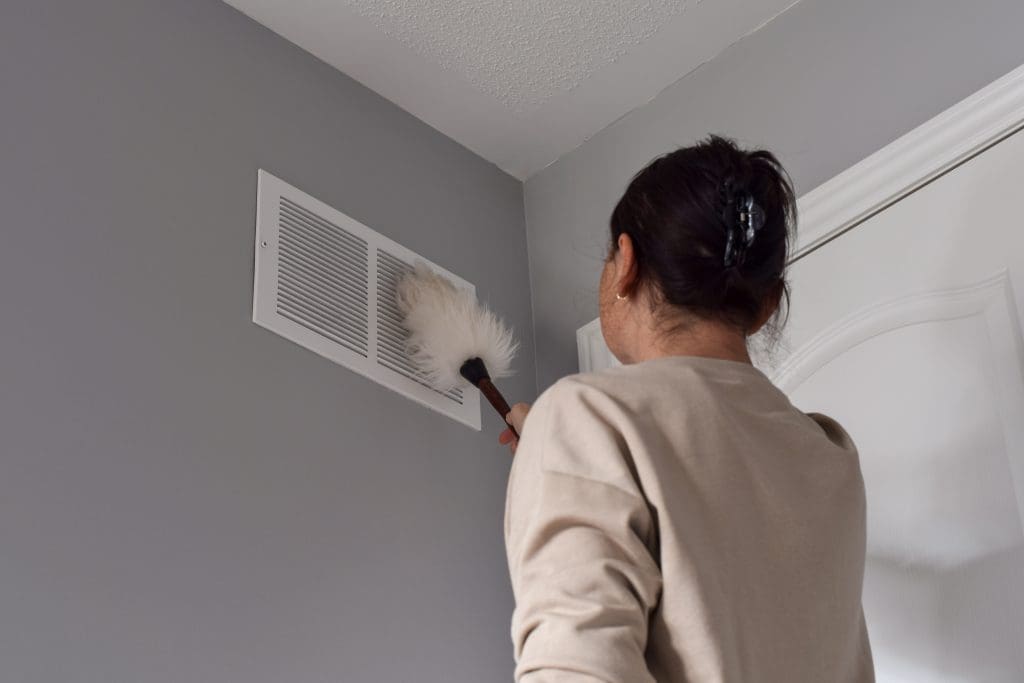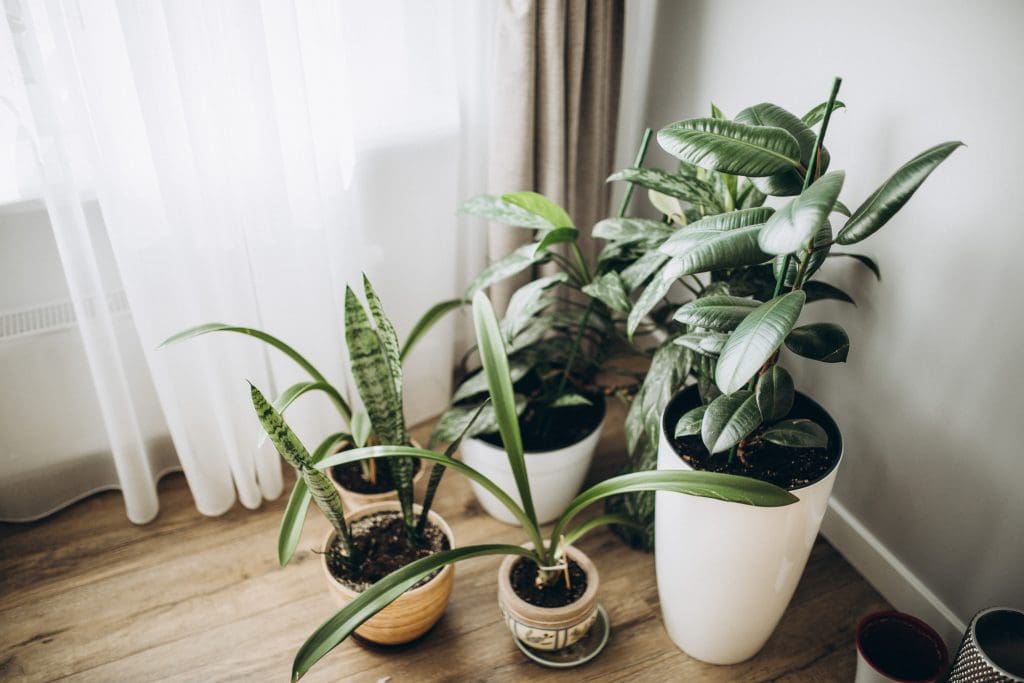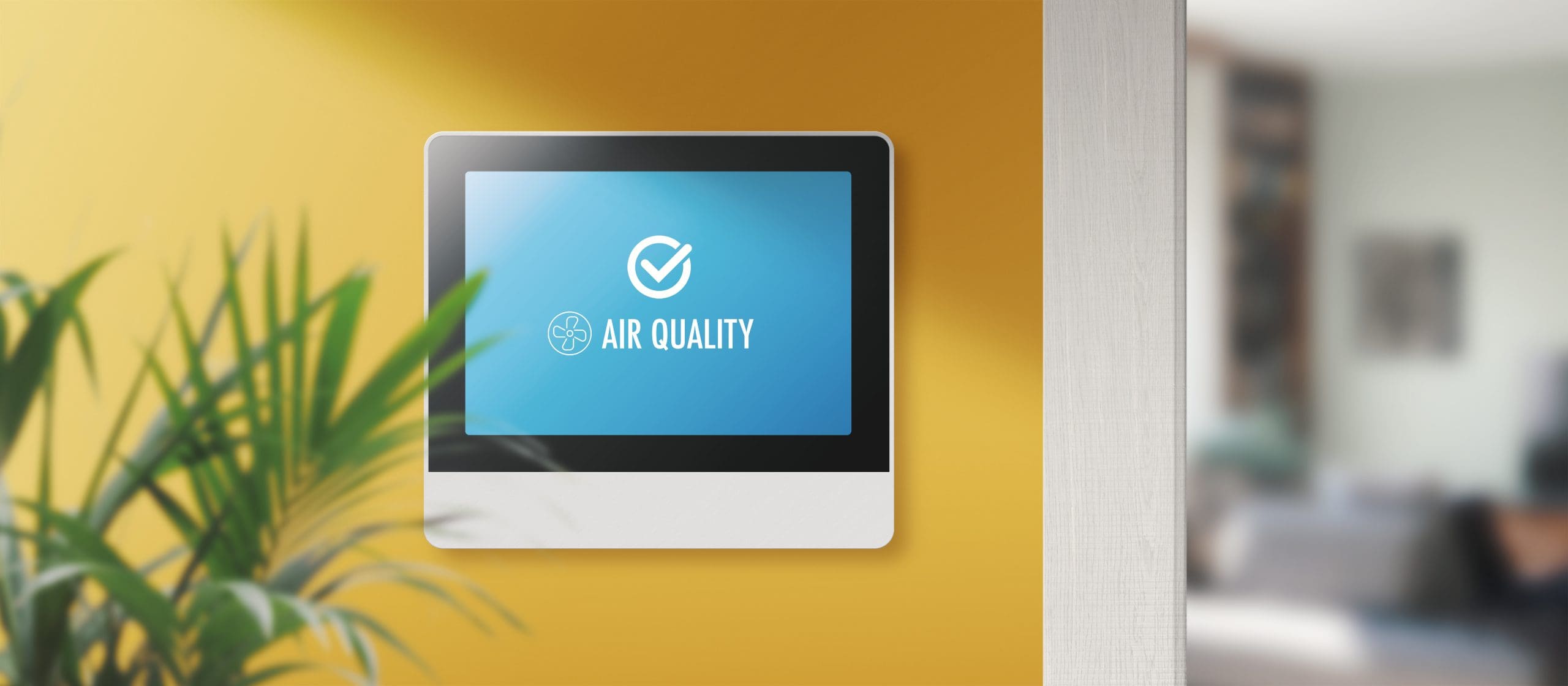Are you concerned about the air quality in your home? Ensuring good indoor air quality is essential for maintaining a healthy living environment. Poor air quality can lead to various health issues and discomfort. However, there are practical steps you can take to improve the air you breathe. Here are some expert tips to enhance indoor air quality in your home.
1. Proper Ventilation
Adequate ventilation is crucial for removing indoor pollutants and bringing in fresh air. Open windows and use exhaust fans to improve air circulation. Consider installing an energy recovery ventilator (ERV) or heat recovery ventilator (HRV) to balance temperature and airflow while filtering outdoor pollutants.
2. Regular Cleaning

Dust, pet dander, and other allergens accumulate over time. Regular cleaning helps remove these pollutants from surfaces and the air. Vacuum with a HEPA filter, mop floors, and wipe surfaces regularly to minimize dust and allergen buildup.
3. Maintain Ideal Humidity Levels
Excess moisture can lead to mold growth, while low humidity can cause dryness and respiratory discomfort. Use a dehumidifier in humid areas and consider using a humidifier in dry environments to maintain optimal humidity levels.
4. Banish Tobacco Smoke

Smoking indoors releases harmful chemicals into the air and drastically reduces air quality. Create a smoke-free home to protect yourself and your loved ones from secondhand smoke.
5. Chose Low-VOC Products
Volatile Organic Compounds (VOCs) are found in many household products and can contribute to poor air quality. Opt for low-VOC or VOC-free alternatives when selecting paints, cleaning supplies, furniture, and flooring materials.
6. Regular HVAC Maintenance
Your heating, ventilation, and air conditioning (HVAC) system play a crucial role in indoor air quality. Schedule regular maintenance checks to ensure proper functioning, clean or replace filters as recommended, and keep air ducts free from dust and debris.
7. Avoid Synthetic Fragrances
Many air fresheners and scented products contain chemicals that can contribute to indoor air pollution. Opt for natural alternatives like essential oils or make your own air fresheners using ingredients like baking soda and lemon.
8. Indoor Plants

Plants, such as snake plants, spider plants, and peace lilies, can help purify the air by absorbing toxins and releasing oxygen. Place these plants strategically throughout your home to naturally improve indoor air quality.
9. Keep a Clean Pet Environment
If you have pets, their dander and fur can affect indoor air quality. Regularly groom and bathe your pets to minimize shedding and dander. Vacuum and clean their bedding frequently to reduce allergens.
10. Test for Radon
Radon is a colorless, odorless gas that can seep into homes and pose serious health risks. Consider testing your home for radon levels and take necessary steps to mitigate it if detected.
By implementing these tips, you can significantly improve the indoor air quality in your home, promoting a healthier and more comfortable living environment for you and your family. Breathe easier and enjoy the benefits of cleaner air for a happier lifestyle.
#IndoorAirQuality #HealthyHome #AirPollutionSolutions #CleanAir #HealthyLiving #HomeImprovement

Richard has extensive experience in all aspects of buying and selling residential property. He has sold more than 400 homes and well over $100 million in residential real estate. There’s no need to guess. Get expert advice that will allow you to buy and sell with confidence and ease.
For neighborhood guides about Decatur and other intown neighborhoods, click here.
To learn more about the value of your home, please complete the form here.
If you are looking to purchase a home, please reach out here. We would love to help you have a wonderful buying experience.
You can always reach us through the Contact Us page here as well.
